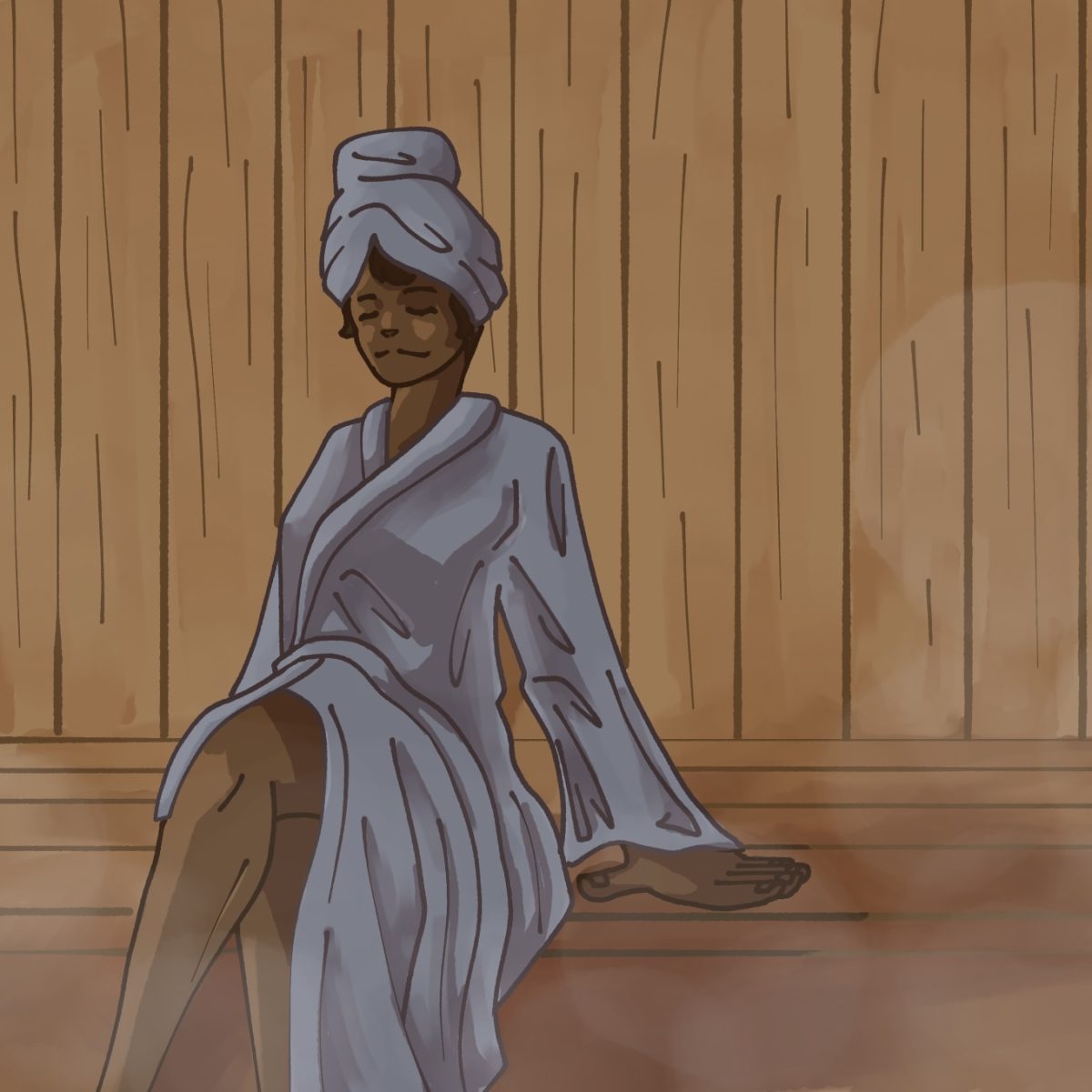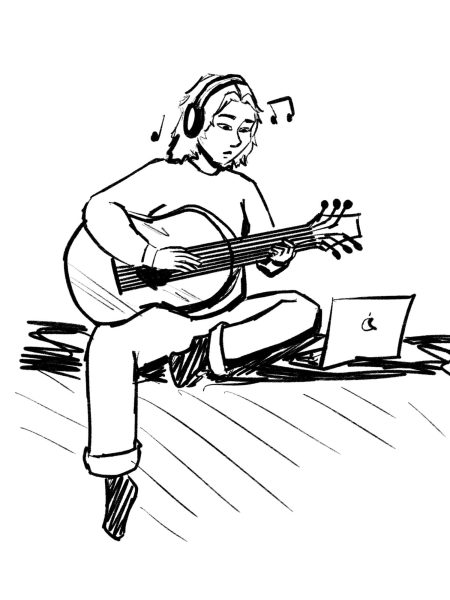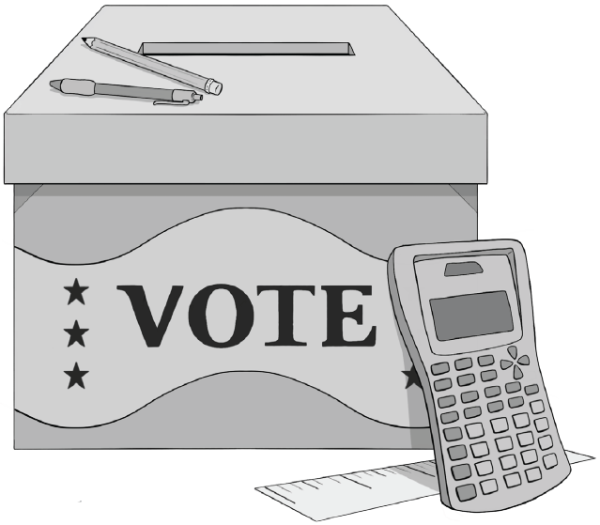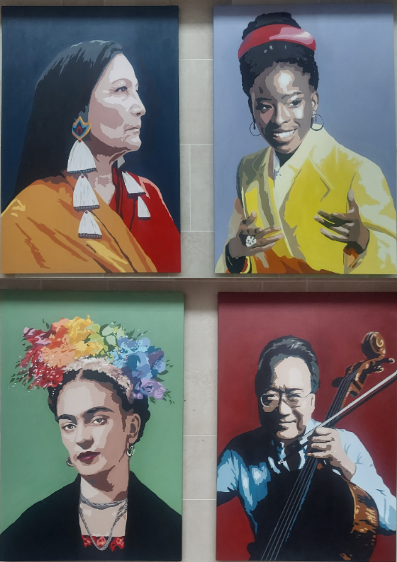The Fear of Missing Out: Connection at a Cost
December 21, 2018
Since the conception of the Internet, the world has never been so connected, particularly with the rise of social media. Online communities gives users “a sense of belonging” says phycologist Mark D. Griffith Ph.D.; but living in a fishbowl isn’t necessarily rewarding. The social network giveth, and the social network taketh away. How? #FOMO.
The fear of missing out is very real and very prevalent: it can be defined as “increased and pervasive anxiety or apprehension of missing out on social events or experiences that others are perceived to be having.” wrote mental health expert Neerja Birla. Diagnosed with addiction, anxiety, and unhappiness, FOMO is crippling society.
As you tuber Wheezy Waiter said, “you float on a cloud of unintentional content” allowing you to stay constantly connected with friends and the community. It sounds harmless, but individuals experiencing FOMO have a psychological dependence on social media, causing increased internet use during work, school, etc. “FOMO could be attributed to situational […] deficits in psychological needs [for] satisfaction” (http://www.sciencedirect.com/science/article/pii/S0747563213000800). In short, people are addicted to something that doesn’t make them happy.
Constant checking of social media causes apprehension and anxiety as users become jealous of other people’s lives, particularly friends and acquaintances. You are exposed to an experience you were not a part of: you feel you are missing out; and sadly, user’s profiles are a false reality. “[They] aren’t an accurate image of people’s lives.” said student Lucia Hill (‘20), yet people constantly feel inadequate compared to their acquaintances. Consequences include “mood swings, loneliness, feelings of inferiority, reduced self-esteem, extreme social anxiety, and increased levels of negativity and depression” wrote Neerja Birla.
But there is hope! You can prevent FOMO if you understand what people post is not the full picture; and “look on the bright side”. An insipid phrase, but it has its merits. Put your attention where it matters and regard social media with an understanding perspective. If you give something power, it has power over you.































